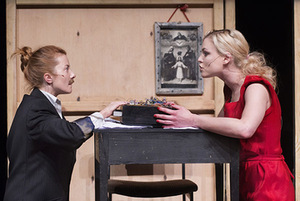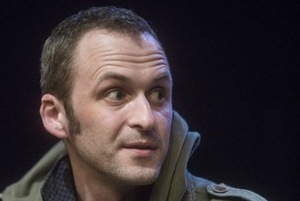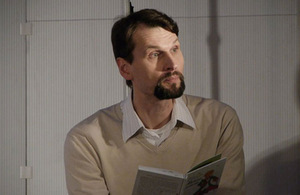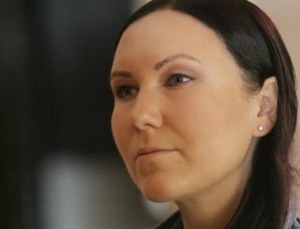Profession - actor. Part 1. Micro level 1
In brief: While discussing with the theater critic Andrius Jevsejevas, Greta Cholina, who has experience in governing state and independent theatres, and actors Rokas Petrauskas, Henrikas Savickis, Nelė Savičenko and Toma Vaškevičiūtė - the theatre critic Monika Jašinskaitė tries to understand what defines the work of an actor and why the change of the law about theatre and concert institutions, which seemingly brings more change, therefore more benefits, was received with such disapproval.
"I come to the theatre when I am busy," says N. Savičenko "I have to be in good shape, adequate for the performance, ready for my role. I need to rehearse. Rehearsals are happening not only while developing a role: Lithuanian National Drama Theatre (LNDT) actors always meet before each performance, go over some mise-en-sc`enes, check the texts, things to do with rhythm. When we meet after a longer period of time, for example after vacations, we do play runs with lighting and sound - we go over all the mise-en-sc`enes of the play."
T. Vaškevičiūtė, who works at the same theatre under a termless contract says that "working day at the theatre depends on the roles - each performance is like a separate planet. For some performances actors prepare individually."
Freelance actor R. Petrauskas says "a day before the performance I have my mind already focused on it, and you have to come to the theatre at least 2 hours before. Director decides if there will be a rehearsal. So before some performances you come to rehearse and before others - only to get ready physically or psychologically. I always warm my voice up, so I would not stutter, so my breathing would be free and my voice would be heard."
It should be noted that actors working under a contract have more responsibilities and, for example, cannot reject a new role on a day of rehearsals. This prevents an actor from concentrating on their role which they will have to play in the evening.
According to G. Cholina, when she was the head of Vilnius Small Theatre, a bonus to the salary was determined by several components. First there were three: bonus depended on the operational efficiency of the whole theater, which could vary throughout the season and also it depended on how many performances actor did and what was the complexity of the role. "The complexity of roles was evaluated by a director on a scale of ten, because he can measure the creative contribution of an artist better than anyone," said the former head of the theatre.
Social security of freelance actors - illnesses, retirement, maternity leave and vacations - is their own business. R. Petrauskas "I pay my health insurance and if I do not, I cannot go to the hospital. I do not think my pension is accumulating. I do not think about it much, because whenever I do, I get a headache."
According to H. Savickas, actors who work with one-off or terminable contracts cannot have families, "Especially vulnerable are women and actors who have disabled children. Socially vulnerable employees who work under termless contracts are provided with social guarantees and benefits but one-off and terminable contract does not allow to use them."














